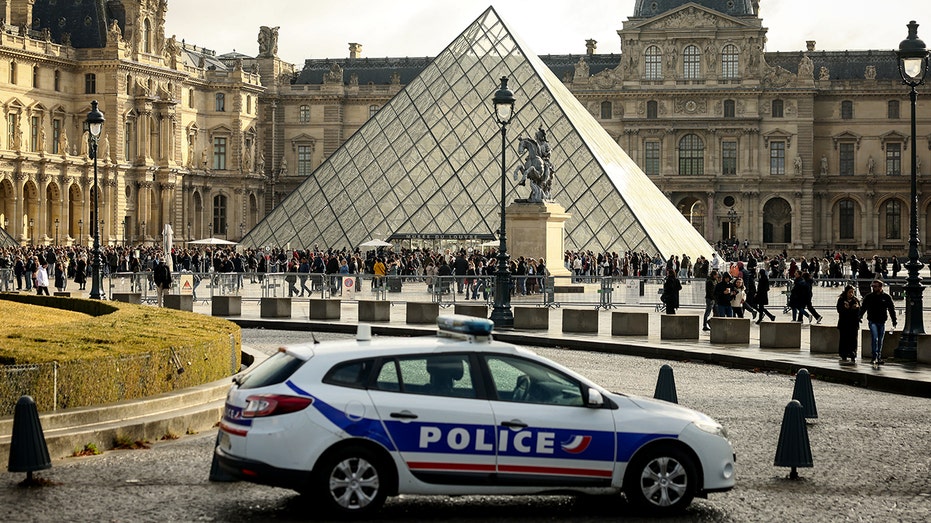Las Vegas, a city built on dazzling spectacle and relentless energy, is facing a quiet crisis. The flow of visitors, the lifeblood of this desert oasis, is slowing, with September numbers revealing an 8.8% drop compared to the previous year – a stark reality for a city synonymous with booming tourism.
A bold, and ultimately controversial, attempt to address rising concerns about safety emerged in 2022: the Resort Corridor Court. This wasn’t a typical courtroom; it was designed specifically to handle the offenses that plagued the tourist heart of the city – petty theft, disturbances, and low-level drug violations.
The court’s unique power lay in its penalties. Offenders could face more than just fines or jail time; they could be banned from the famed Las Vegas Strip for an entire year, a significant deterrent in a city where access to the resorts is everything. However, the experiment was short-lived, shuttering less than two years after its inception due to legal challenges raised by judges.
Now, a surprising coalition is pushing for its revival. Casino owners and resort executives, feeling the pinch of declining visitor numbers, are backing an amendment to a new crime package proposed by Nevada’s governor. They believe a dedicated court focused on tourist-area offenses is crucial to restoring a sense of security.
The idea isn’t just about protecting tourists; it’s about safeguarding the workforce that keeps the city running. Unions representing hospitality workers are also voicing strong support, arguing that a visible deterrent to crime is essential for employee safety and well-being.
While overall violent crime has seen a slight decrease, certain offenses are on the rise. Shoplifting, in particular, has jumped by over 12%, raising concerns about the impact on businesses and the overall visitor experience. The perception of safety, experts say, is inextricably linked to the city’s economic health.
Those familiar with the city’s pulse, like Rick Harrison of the Gold & Silver Pawn Shop, offer a nuanced perspective. He suggests that crime statistics can be misleading, given the fluctuating population driven by massive tourist influxes. Despite the numbers, he praises the efforts of the Las Vegas Metropolitan Police Department.
The governor’s broader crime package, dubbed the “Safe Streets and Neighborhoods Act,” aims to address a wider range of offenses, including repeat offenses and more serious crimes like smash-and-grab robberies and DUIs resulting in fatalities. It also seeks to modernize laws to include cyberstalking and expand protections for hospitality employees.
The debate over the Resort Corridor Court highlights a fundamental tension: balancing the need for a welcoming, carefree atmosphere with the imperative of maintaining law and order in a city that never truly sleeps. Its potential return represents a gamble – a bold attempt to reclaim the feeling of security that once defined the Las Vegas experience.






